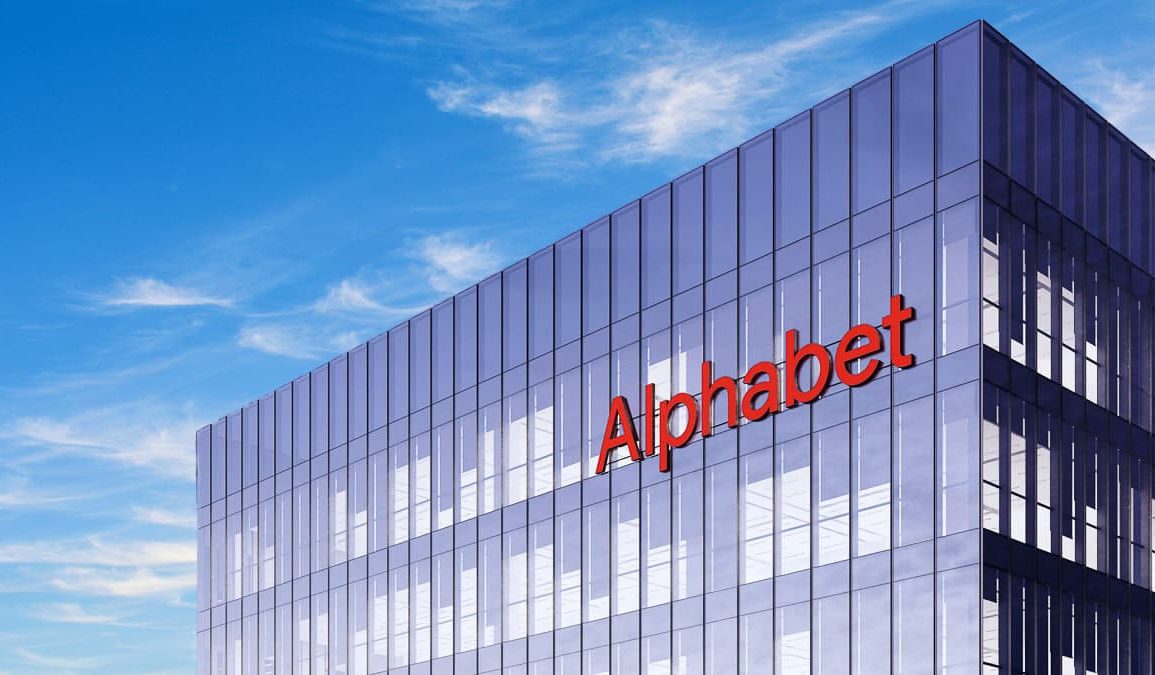Google’s parent company narrowly exceeded revenue and profit expectations, attributing growth to its search engine and cloud unit, and noting A.I. investments were “driving new growth.”
Google’s recent setback on Monday involved the cybersecurity start-up Wiz rejecting a $23 billion acquisition offer, which could have boosted its cloud-computing operations.
On Tuesday, Alphabet, Google’s parent company, reassured investors of its robust performance even without the deal.
The tech giant showed strong revenue growth in search advertising and cloud-computing, boosting profits, though YouTube ad sales growth did not meet expectations.
Alphabet posted $84.7 billion in quarterly sales for the second quarter, up 14 percent from the previous year and slightly above analysts’ forecast of $84.1 billion.
The company’s profit surged 29 percent to $23.6 billion, surpassing Wall Street’s projection of $22.7 billion.
The results underscored the stability of Google’s ad-driven consumer services, utilized by billions, despite ongoing efforts to find new revenue streams.
Following the failed Wiz acquisition aimed at enhancing Google Cloud, focus shifts back to Google’s aggressive artificial intelligence rollout. The company has integrated generative A.I. across all products and boosted spending on data centers and hardware to support the technology. Executives now see these investments paying off.
Sundar Pichai, Alphabet’s CEO, stated in a post-earnings call that A.I. initiatives were “driving new growth.”
Year-to-date, our A.I. infrastructure and generative A.I. solutions for cloud customers have already generated billions in revenues and are being used by more than two million developers.”
– Sundar Pichai, CEO of Alphabet
He also highlighted “great progress with AI Overviews” in search results.
Alphabet reported $13.2 billion in capital expenditures for the second quarter, up 91 percent from $6.9 billion the previous year, reflecting continued investment in A.I. capabilities.
Google has largely recovered from a digital advertising slump that began in 2022 amid economic uncertainties, rising interest rates, and inflation. Its search engine and YouTube remain the top visited websites globally, making them key platforms for advertisers.
A notable part of Google’s ad business has been the use of third-party cookies, which track web users to show them ads. On Monday, Google announced it would no longer eliminate third-party cookies on its Chrome browser, allowing users to decide whether to allow them.
Revenue from Google’s search engine, its largest segment, increased 14 percent to $48.5 billion in the second quarter, surpassing analysts’ forecast of $47.6 billion. This growth was driven by retail and financial services ads.
YouTube ad sales rose 13 percent to $8.7 billion, below the $8.9 billion analysts expected. There was strong demand for YouTube music and TV services available through subscriptions.
Google Cloud, offering software and technology services to other businesses, saw a 29 percent revenue increase to $10.3 billion, slightly above analysts’ estimate of $10.2 billion. Although this marks a slower growth pace than previous years, the division reported an operating profit of $1.2 billion in the second quarter, its highest on record.









